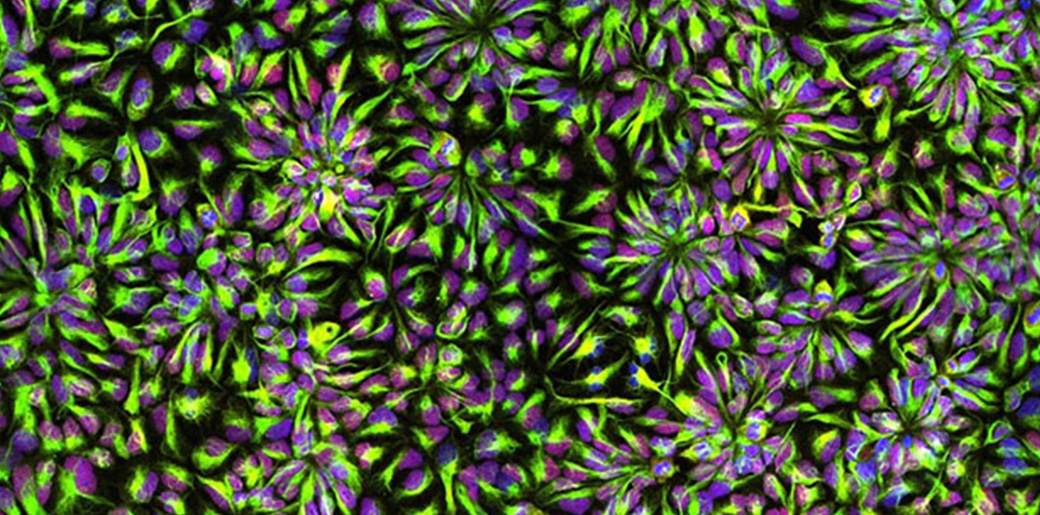Research Details
Down syndrome research can have a far-reaching impact. For individuals with Down syndrome, breakthroughs in understanding the basis of the condition create a pathway to longer, healthier, and more deeply fulfilled lives. For families, caregivers, and advocates, it means better approaches to health care and other forms of support. For the millions of people who are impacted by cognitive, psychiatric, and neurodegenerative disorders, the study of Down syndrome could lead to profound mechanistic insights and new treatments that improve cognitive function across diverse brain disorders, potentially including Alzheimer’s disease, autoimmune disorders, and cognitive impairment.
Researchers in the Alana Down Syndrome Center at MIT, will pursue work in two main areas:


